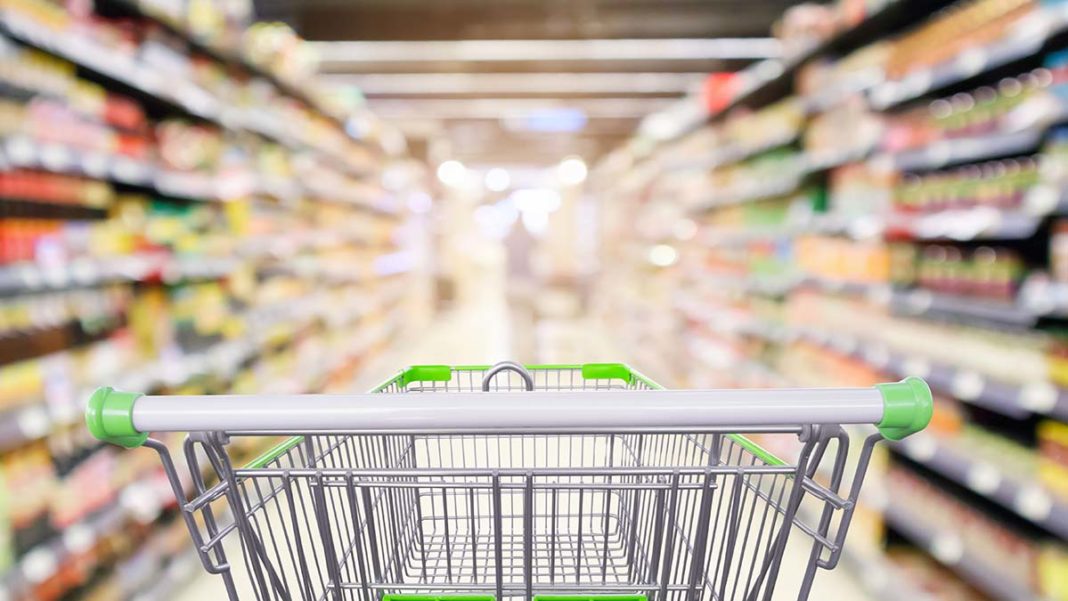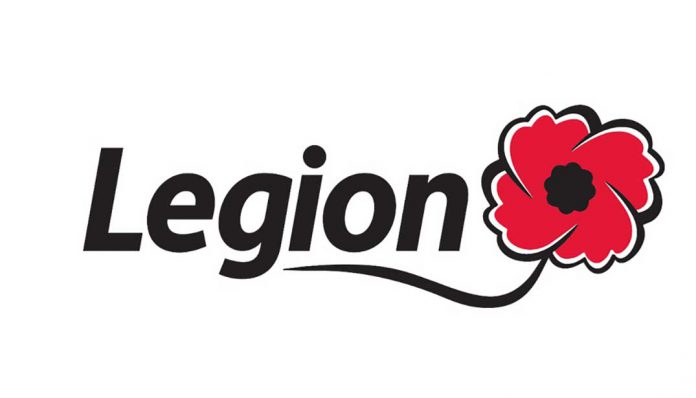MANITOULIN—Ontario farmers are warning that the Russian invasion of Ukraine could jeopardize the global food supply chain and impact the 2022 crop season, driving up prices in the short term. Paul Sharpe of Sharpe Farm Supplies Ltd. explained why to members of Manitoulin Cattleman’s Association, at its virtual Beef and Crop Info Day on March 23. The Sharpes continue to farm in Wellington County, Ontario as a cash crop and beef operation, and have a number of retail locations throughout the province, including ones in Manitoulin and Espanola.
The war in Ukraine is a “black swan” event, said Mr. Sharpe. “It came out of left field,” he explained. “No one saw it coming but the ramifications are massive.”
“I don’t think everyone really grasps where fertilizer comes from that we use in Eastern Canada,” he told The Expositor. In Eastern Canada, there is essentially no local production of the fertilizers (nitrogen, phosphorus and potash) used in the production of crops and as a result, farmers in Eastern Canada, and the agriculture industry that supports them, rely heavily on imports from overseas producers. Approximately 55 percent of nitrogen imports into Eastern Canada annually have come from Russian suppliers. In recent years, there has also been a greater reliance on Russia and Morocco to meet phosphate needs as well.
“That nitrogen is always applied in the spring,” continued Mr. Sharpe. “There’s always a little bit in the summer and fall but the lion’s share is done in the spring. All this fertilizer is set to arrive in April and May, and that is booked months in advance because you have to book ships and everything else. We bought ours last year in November to make sure we would have product to sell to farmers, and a lot of this we’ve already paid for. Wholesalers, the people who deal with people like us and farmers, they go to Russia and book these vessels with urea (granular nitrogen) or liquid nitrogen to put on corn fields or barley or wheat. The government is penalizing them by throwing a 35 percent tariff on it.”
He’s referring to Canada’s Special Economic Measures Act that came into force on March 2. The Act imposes a 35 percent tariff on goods imported from Russia. “Everyone agrees the invasion of Ukraine is a bad thing and we 100 percent stand behind tariffs on Russian products,” Mr. Sharpe said, but adds that imposing tariffs on goods already purchased does not punish Russia.
“There are ships readily coming up the St. Lawrence Seaway as we speak,” he noted. “The Coast Guard wouldn’t let in two of the ships unless they paid this tariff. The product is worth over $1,000 a tonne so when you add 35 percent to it, it’s almost $1,400 a tonne. The rub is, Russia is not penalized. They have already been paid in full for these shipments.”
The importer will ask the purchasers to pay the additional cost and that will be passed on to farmers, he pointed out. “We didn’t penalize anybody but ourselves.”
Tariffs aren’t the whole problem. The market works itself out, he said. Other international suppliers have raised prices since sanctions against Russia began. “For example, your next choice is Egypt, which is now $1,400 a tonne. It magically went up the amount of the tariff.”
The prices of potash and phosphates have also gone up due to increased demand for product that doesn’t come from Russia. That has resulted in an availability problem as well. “Russia has essentially told us, if you want to sanction us, go ahead. We don’t need to sell this to you. We will spurn you.”
Another issue is dock workers who refuse to unload Russian ships. There’s also tariff by association: products made with Russian gas will face additional tariffs.
“This is a large chunk of the world’s fertilizer capacity and food inflation is in the news. That’s the unforeseen consequence,” he said.
Sharpe’s is a member of the Ontario Agriculture Business Association (OABA). The OABA has been encouraging its members and other stakeholders to write their MPs. Mr. Sharpe wrote to Michael Chong, Member of Parliament for the Guelph-Wellington area: “We fully support the 35 percent tariff and further measures, as necessary, on purchase contracts created after March 2, 2022. However, the 35 percent tariff on existing orders of Russian origin does not penalize Russian producers, nor influence purchase decisions that have already been made by Canadian importers, since purchase contracts were placed months ago. The additional cost of the tariff places a burden on the Canadian farmer at a time when input costs are at record levels. The lack of clarity regarding the application of the tariff has imposed a high level of uncertainty as to whether imports will be permitted for pre-existing purchase contracts.”
Any business going forward should be tariffed, acknowledged Mr. Sharpe. “All we’re asking is that prior to March 3 when they introduced the tariff, don’t tax us on this. All you’re doing is taxing your own farmers and if we pass that on, it’ll direct inflation higher and I think that’s really the story I’m trying to get out: there are unforeseen consequences coming on this.”
Ron Campbell, operations and member services manager for OABA told The Expositor, “We understand the significance of what’s happening in Ukraine and that the government’s taking steps. The concern with the tariffs is they don’t really punish the Russians, they just add costs right through the supply chain from importers through to the retailers that are passed on to the producers.”
The OABA is working with other industry stakeholders, Grain Farmers of Ontario and the Ontario Federation of Agriculture, and is meeting government officials to address the issue but there’s still no resolution at this time, Mr. Campbell said.
The organizations released a joint statement on March 18, following a briefing for provincial and federal officials, to outline the risks and challenges facing farmers for the coming planting season and the impact the Ukraine war could have on Ontario’s food supply.
“Farmers in Ukraine and Russia produce about a quarter of the world’s calories, with key regions in North Africa and the Middle East dependent on their production. But this supply chain has been significantly jeopardized by the tragic geopolitical events unfolding in Ukraine. This is forecast to result in a spike in food prices between eight and 22 percent over the coming months, and many agriculture economists are predicting famine in several African countries within the next 18 months,” they stated.
How policymakers, farmers and other stakeholders in the agriculture value chain respond to this crisis over the next few weeks is critical, and will determine how much food will be available in Ontario, Canada or around the world.
Farmers are asking Mr. Sharpe if they should change their rotation and grow crops that don’t require as much fertilizer. “That’s a fair point,” he said. “Take a crop like soybeans. Soybeans do not take nitrogen, they create their own. They also don’t take as much phosphorus as a corn plant. So that’s fine, but if everyone starts to shift away from the fertilizer problem, we’ll have a shortage of corn and wheat.”
You can’t blame farmers for looking at soybeans, he said, but “come fall, if we don’t have as much wheat or corn, we’re up the river without a paddle. You only get one shot a year to grow this stuff.”
The tariff policy has missed its mark, Mr. Sharpe said. “They came out with the policy way too quickly because they needed to be seen as doing something. I’ve been told there’s a line as long as here to the end of the road of people asking for exemptions. They didn’t think it through.”





